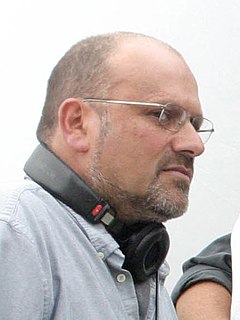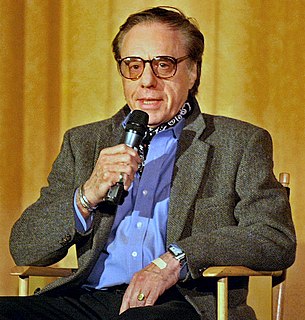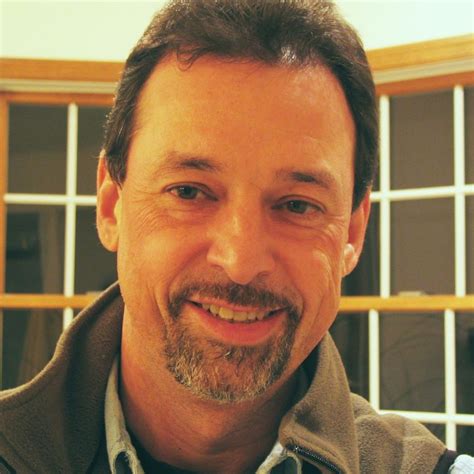A Quote by Eran Riklis
I think optimism and humour are key words for me to make the films accessible, which means they can really travel and be seen by as many people as possible.
Related Quotes
It was not possible for us to produce the same optimism and the same kind of humour or irony. Actually, it was not irony. Lichtenstein is not ironic but he does have a special kind of humour. That's how I could describe it: humour and optimism. For Polke and me, everything was more fragmented. But how it was broken up is hard to describe.
I didn't see films when I was young. I was stupid and naïve. Maybe I wouldn't have made films if I had seen lots of others; maybe it would have stopped me. I started totally free and crazy and innocent. Now I've seen many films, and many beautiful films. And I try to keep a certain level of quality of my films. I don't do commercials, I don't do films pre-prepared by other people, I don't do star system. So I do my own little thing.
I think one of the reasons younger people don't like older films, films made say before the '60s, is that they've never seen them on a big screen, ever. If you don't see a film on a big screen, you haven't really seen it. You've seen a version of it, but you haven't seen it. That's my feeling, but I'm old-fashioned.
The words that reverberate for us at the confines of this long adventure of rebellion are not formulas for optimism, for which we have no possible use in the extremities of our unhappiness, but words of courage and intelligence which, on the shores of the eternal seas, even have the qualities of virtue.
Letting go means we stop trying to force outcomes and make people behave. It means we give up resistance to the way things are, for the moment. It means we stop trying to do the impossible-controlling that which we cannot-and instead, focus on what is possible-which usually means taking care of ourselves. And we do this in gentleness, kindness, and love, as much as possible.
The thing about humour is that the super-ego is also at play, so what interested me, particularly in the last chapter which is key to the book -and no one seems to have picked this up in writings on Freud - is that, in the later Freud, the essence of humour is the ability to look at myself and find myself ridiculous. That makes me laugh.
On a strategic level, employers really are behaving stupidly. Look at how they do recruiting: this automated process under which they will publish a job description chock full of so-called "key words", and then have software algorithms that attempt to match applicants to the resumes against those key words. So where in the key word collection do we capture institutional knowledge? No one advertises for that. Of course they don't.
One of the key skills you'll need to bring change to the world will really test your creativity, as well as your sanity, your patience, and your resolve. It has to do with how to take your dream and make it as real as possible. It doesn't really matter what your dream is, "going big" means doing it to the utmost. To do that, you need one thing: other dreamers to share your dream. If you learn to make your dream a team effort, you'll find the key to growing big.
I've always been more than a little mystified by poets who seem to think talking to people as directly as possible is a bad thing. I mean, I don't want to set up a straw man here: I understand that for many poets - and for me, at times - writing truly means writing in a way that is difficult, simply because the poem is trying to grasp for something elusive. So the difficulty of the poem is just unavoidable, and not in any way artificially imposed. So "as possible" is the key part of the phrase above, I suppose.
Space travel is a dream for many men and women. I think my trip will be perceived differently by different genders because for women, a lot of time, not only space travel, it's not accessible to everyone, but is even less accessible to women, there are a lot more barriers for them especially if they live in countries where things like space travel, engineering, any science and technology-related field would be considered a more male-dominated field. And so I want to show them that there is nothing preventing woman, or making them less qualified to be involved in any of these fields.
There are so many different ways to make art. And so many good stories. You don't have to have a budget. I feel like it's super possible these days for people to make anything, no matter who you are or where you come from. And that's really exciting. I'm excited to see people around me pushing boundaries in that way, not letting certain structures define them or what art they can make.




































